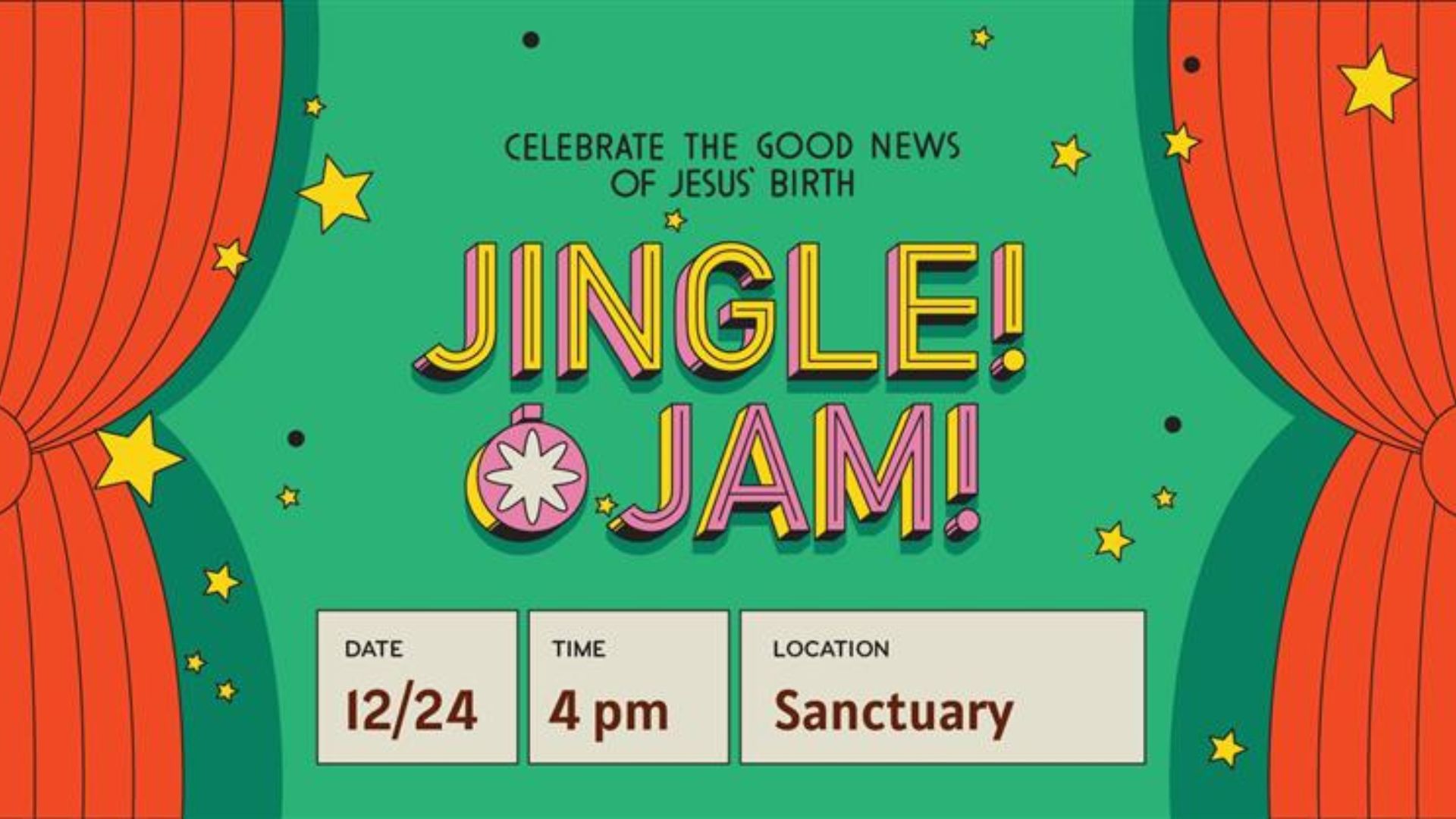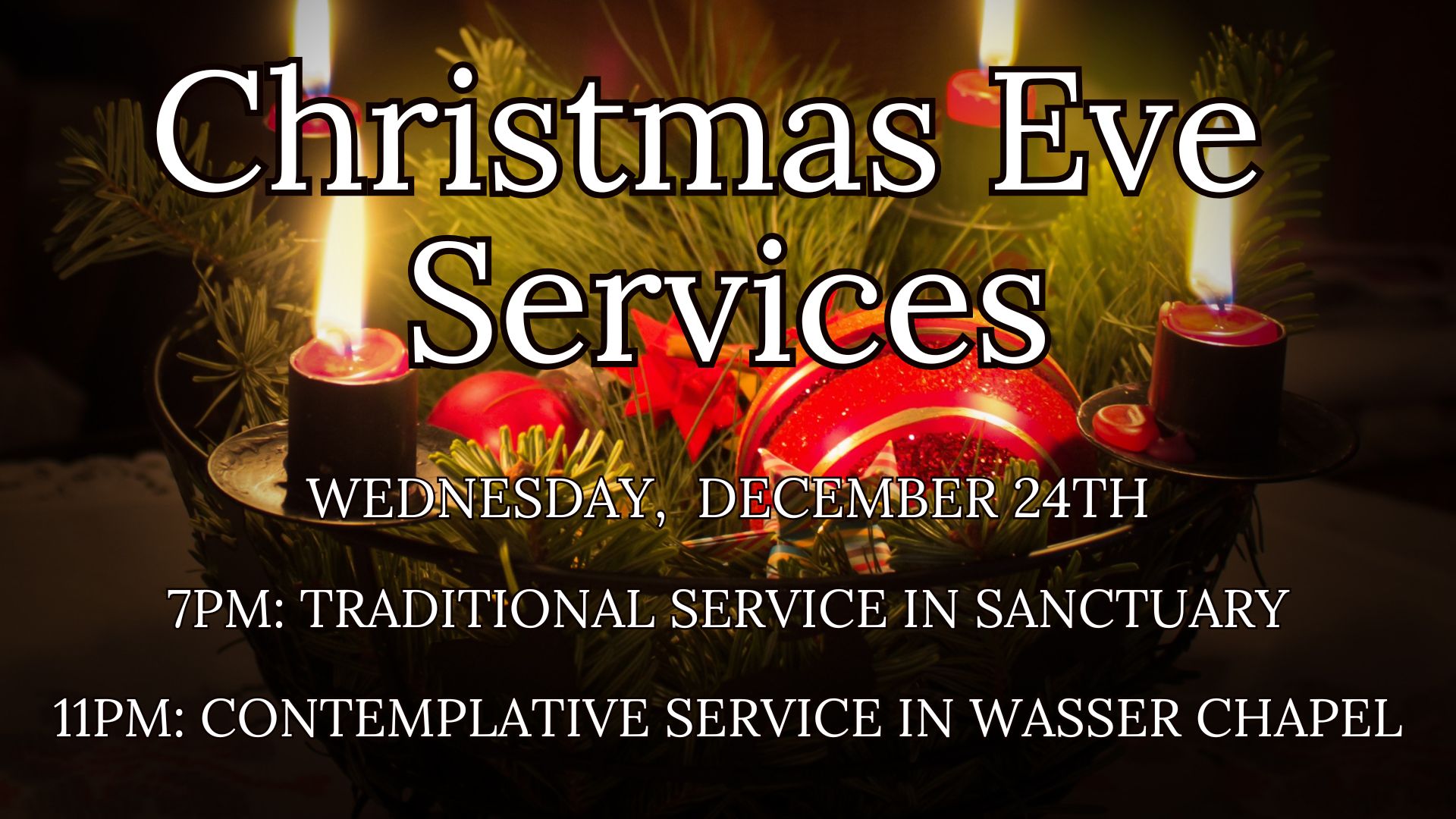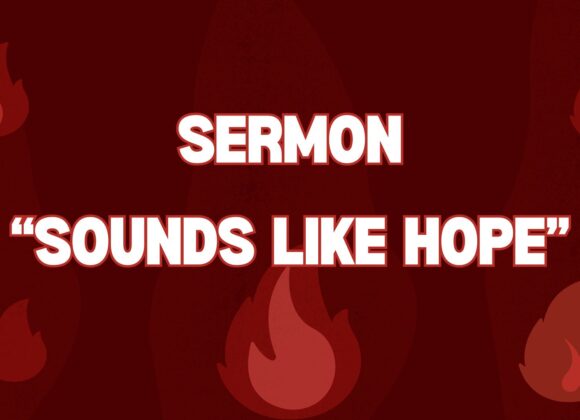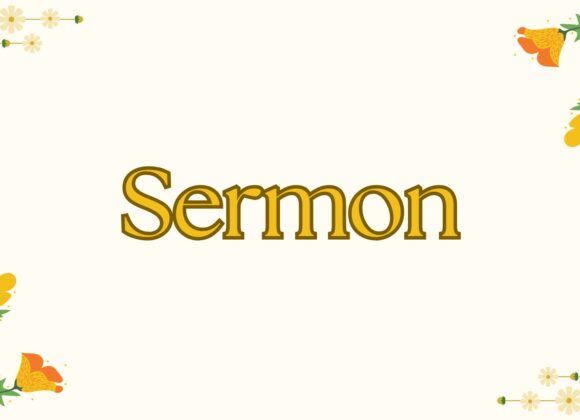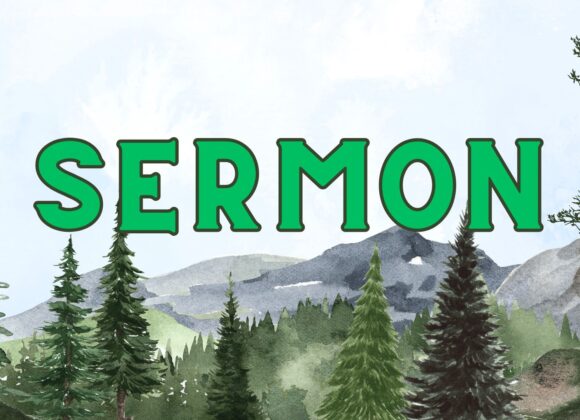
It’s the Holiday Season!
UPark is offering several chances for Christmas worship
BLUE CHRISTMAS
Sunday, December 21st @ 6PM in Wasser Chapel
This will be a more contemplative and introspective service designed for those who are struggling with grief during the holiday season.
JINGLE JAM: Wednesday, December 24th @ 4PM in Sanctuary
This will be a family-friendly, song-filled experience designed for kids and adults to share in the joy of Christmas.
TRADITIONAL: Wednesday, December 24th @ 7PM in Sanctuary
This is our traditional and more formal Christmas Eve service. There will be candlelight and our Chancel Choir will perform.
CONTEMPLATIVE: Wednesday, December 24th @ 11PM in Wasser Chapel
This is a much more contemplative and calm Christmas Eve service. There will be candlelight and Communion.

